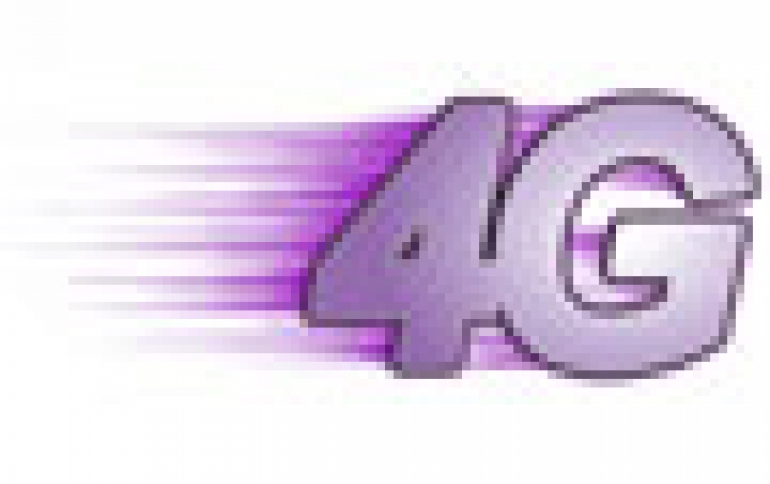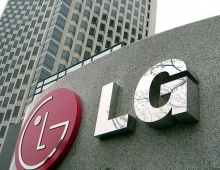
Ofcom Outlines 4G Auction Rules
for 4G mobile communications, with 4G mobile services set to be available across the country by next June.
Ofcom published final regulations and a timetable for the 4G mobile spectrum auction. This new spectrum will be used to deliver 4G mobile services to people in cities, towns and villages across the UK and will almost double the amount of airwaves currently available to smartphones and tablets that use 3G networks.
The rules set out in detail the process involved in the auction ? from applying to take part, through to bidding and finally issuing the licences to use the spectrum. Ofcom has also today confirmed reserve prices for the different lots of spectrum on offer and outlines the timetable for the auction process.
Ofcom has confirmed the reserve prices for the spectrum that is being auctioned. The combined total is £1.3 billion.
Ofcom has also announced 11 December as the provisional date for the submission of applications by prospective bidders.
In December, submitted applications will be reviewed by Ofcom to determine who can go on to bid in the auction.
Bidding will begin in January and could take a number of weeks. Bids will be placed online over secure internet connections, using software that has been developed specifically for the auction.
Bidders are expected to be informed what they have won and its cost by February or March. During the same period, licence fees will be paid and licences be granted.
New 4G services expected to go live from a range of providers by June.
Mobile operator EE, formerly Orange and T-Mobile, is already offering 4G services. Ofcom gave it permission to use its existing spectrum after assessing whether the launch would affect competition among operators. The services were launched on 30 October.
4G services should make it much quicker to surf the web on mobiles ? speeds will be nearer to what is currently experienced with home broadband. For the typical user, download speeds of initial 4G networks could be around 5-7 times those for existing 3G networks. This means a music album taking 20 minutes to download on a 3G phone and just over three minutes on 4G. This is based on existing 3G speeds being 1 Mbit/s on average and 4G speed being 6 Mbit/s (on average between 5 and 7 times faster).
The rules set out in detail the process involved in the auction ? from applying to take part, through to bidding and finally issuing the licences to use the spectrum. Ofcom has also today confirmed reserve prices for the different lots of spectrum on offer and outlines the timetable for the auction process.
Ofcom has confirmed the reserve prices for the spectrum that is being auctioned. The combined total is £1.3 billion.
Ofcom has also announced 11 December as the provisional date for the submission of applications by prospective bidders.
In December, submitted applications will be reviewed by Ofcom to determine who can go on to bid in the auction.
Bidding will begin in January and could take a number of weeks. Bids will be placed online over secure internet connections, using software that has been developed specifically for the auction.
Bidders are expected to be informed what they have won and its cost by February or March. During the same period, licence fees will be paid and licences be granted.
New 4G services expected to go live from a range of providers by June.
Mobile operator EE, formerly Orange and T-Mobile, is already offering 4G services. Ofcom gave it permission to use its existing spectrum after assessing whether the launch would affect competition among operators. The services were launched on 30 October.
4G services should make it much quicker to surf the web on mobiles ? speeds will be nearer to what is currently experienced with home broadband. For the typical user, download speeds of initial 4G networks could be around 5-7 times those for existing 3G networks. This means a music album taking 20 minutes to download on a 3G phone and just over three minutes on 4G. This is based on existing 3G speeds being 1 Mbit/s on average and 4G speed being 6 Mbit/s (on average between 5 and 7 times faster).




















